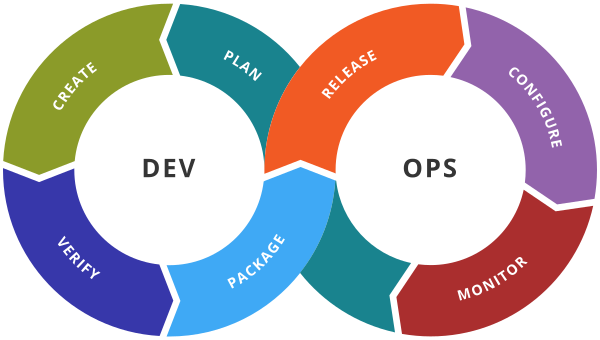Containerization is a key practice in DevOps that helps to streamline the deployment and management of applications. Containers provide a lightweight, portable way to package applications and their dependencies, and can be deployed on any system that supports containerization. In this article, we will discuss the benefits of containerization in DevOps, how it works, and some popular containerization tools and technologies.
Benefits of Containerization in DevOps:
- Portability: Containers are highly portable and can be easily moved from one system to another. This makes it easy to deploy applications across different environments, including development, testing, and production.
- Consistency: Containers provide a consistent environment for applications, which reduces the risk of issues caused by differences in the underlying infrastructure. This consistency also makes it easier to troubleshoot and debug issues.
- Scalability: Containers can be easily scaled up or down based on demand, which helps to optimize resource usage and reduce costs.
- Isolation: Containers provide a high degree of isolation between applications, which helps to prevent conflicts and security vulnerabilities.
How Containerization Works in DevOps:
Containerization works by packaging applications and their dependencies into self-contained units called containers. Each container includes everything needed to run the application, including the code, libraries, and other dependencies. Containers are then deployed on a containerization platform, which provides automated management and scaling of application instances.
Popular Containerization Tools and Technologies:
- Docker: Docker is a popular containerization platform that allows developers to package applications and their dependencies into containers that can run on any system. Docker provides a way to automate the deployment and management of containerized applications, and includes a variety of tools and technologies for working with containers.
- Kubernetes: Kubernetes is an open-source container orchestration platform that helps to automate the deployment, scaling, and management of containerized applications. Kubernetes provides a way to manage containers at scale, and includes features like load balancing, resource allocation, and network configuration.
- Amazon Elastic Container Service (ECS): Amazon ECS is a fully managed container orchestration service provided by AWS. With ECS, you can easily deploy, manage, and scale your containerized applications using Docker containers.
- Google Kubernetes Engine (GKE): Google Kubernetes Engine is a fully managed Kubernetes service provided by Google Cloud. With GKE, you can easily deploy and manage your Kubernetes clusters on Google Cloud, and take advantage of features like automatic scaling and load balancing.
In conclusion, containerization is an important practice in DevOps that helps to streamline the deployment and management of applications. Containers provide a consistent, portable, and scalable way to package and deploy applications, and can be easily managed using containerization platforms like Docker and Kubernetes. By adopting containerization practices in DevOps, organizations can improve the speed, quality, and reliability of their software delivery process, and stay competitive in today’s fast-paced software development landscape.
Published by



